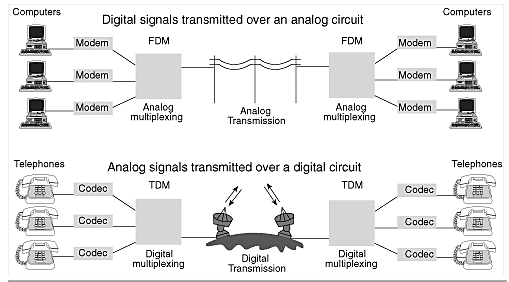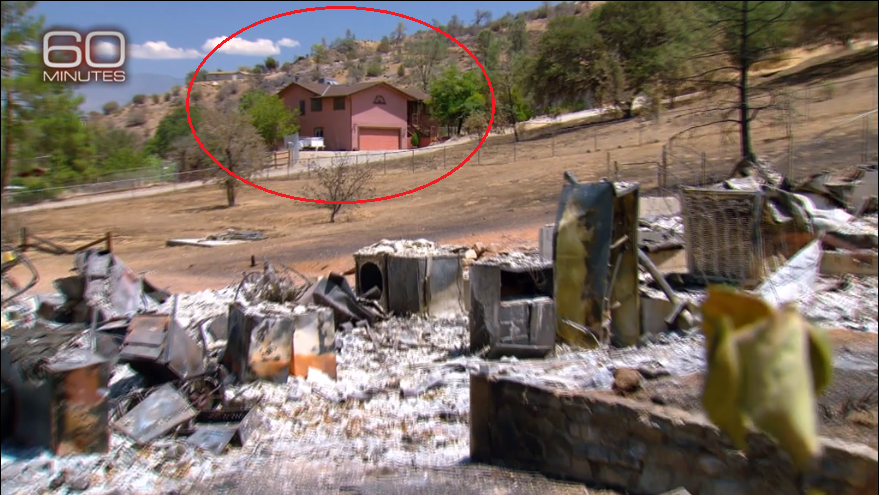With Digital Landlines, Fire Warnings Muted When Power is Down
Carole Masson, 68, one who successfully evacuated the Paradise, CA, town recently leveled by wildfire, told the SFWeekly that landlines in the area have been converted from analog to digital. A Harvard Business Review in 2014 reported the FCC was coordinating the replacement of analog telephone networks with digital ones. Analog phone networks worked when the power was out. Apparently digital phone networks don't:
Harvard Business Review reported in 2014 this changeover had begun. "Right now, the FCC is working on the biggest transformation in over a century of profound technological progress in communications: shutting down the analog telephone network." It also said:
Harvard Business Review 2014: Older analog customers need to be eased into digital services.
SFWeekly 2018: A disproportionate number of Camp Fire victims are elders with digital landlines, who don't receive evacuation warnings when the power is out.
All in the name of progress.
On a separate note, the SFWeekly article also highlighted successful evacuations:
--------------------
Further Reading:
"There are a number of differences between analog and digital transmission, and it is important to understand how conversions between analog and digital occur." informit.com

This work by AJ Fish is licensed under a Creative Commons Attribution-NonCommercial 4.0 International License.
The main problem with the Camp Fire, she says, is that PG&E warned people they were going to turn off the power in the days leading up to it. When it did go out, it was because the fire blew out the transformers and knocked down power lines, but many residents thought it was simply their energy company taking precautions. As landlines are digital now, the minute the power goes down so do the house phones, destroying communication for those who don’t own cell phones.
“We need either some kind of a landline system with remotes in people’s houses, because if they don’t have power they have no phones, no TV,” Masson says. “There were a whole bunch of homeless back in the parks, and there’s no way for them to get any notice. There has to be some kind of a new system device to warn people. I want to work on something — whether it’s old-fashioned church bells that used to ring. … There has to be something.”
Harvard Business Review reported in 2014 this changeover had begun. "Right now, the FCC is working on the biggest transformation in over a century of profound technological progress in communications: shutting down the analog telephone network." It also said:
Earlier this year, the Federal Communications Commission took a first but critical step toward retiring both the analog network and the obsolete rules for overseeing it. At the request of some of the remaining wireline companies, the FCC has invited carriers to submit proposals for technical and service experiments that will test how the retirement of the analog network can be completed as quickly as possible, without imposing undue cost on those who still rely on it.A key quote from the Harvard Business Review's article that couples so ... ironically with the story in SF Weekly. "And remaining analog customers — many of them older, or living in remote areas of the country — need to be eased into digital voice services, preserving Congress’s long-standing commitment to ensure Universal Service at an affordable price, including subsidizing those who can’t afford basic connections."
Harvard Business Review 2014: Older analog customers need to be eased into digital services.
SFWeekly 2018: A disproportionate number of Camp Fire victims are elders with digital landlines, who don't receive evacuation warnings when the power is out.
All in the name of progress.
On a separate note, the SFWeekly article also highlighted successful evacuations:
Despite the chaotic scene, Atria’s staff were well-prepared for an evacuation. They started packing bags Wednesday night after officials warned that fire conditions were dangerous, a key protocol from their evacuation training earlier that fall. The national chain has 225 senior-living facilities nationwide, and over the last 20 years, the company has developed a solid plan of escape for residents.All residents of the senior home made it out before the fire reached their building.
--------------------
Further Reading:
"There are a number of differences between analog and digital transmission, and it is important to understand how conversions between analog and digital occur." informit.com

This work by AJ Fish is licensed under a Creative Commons Attribution-NonCommercial 4.0 International License.



